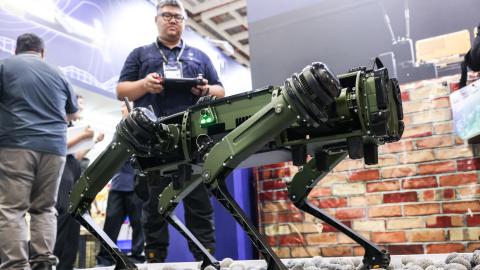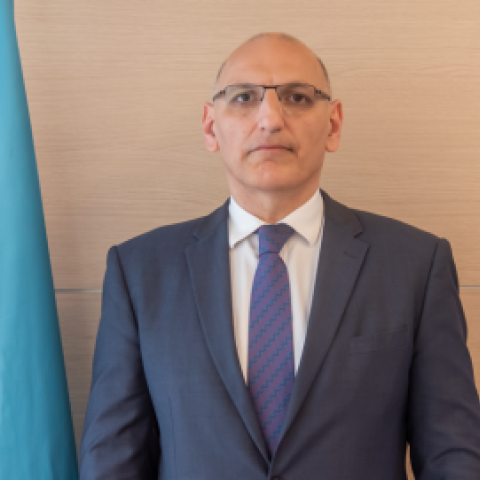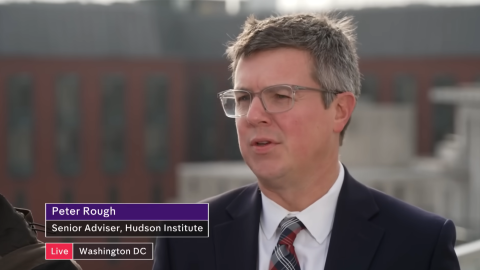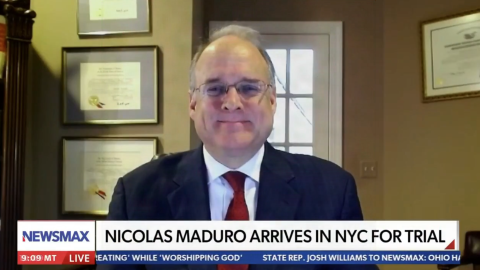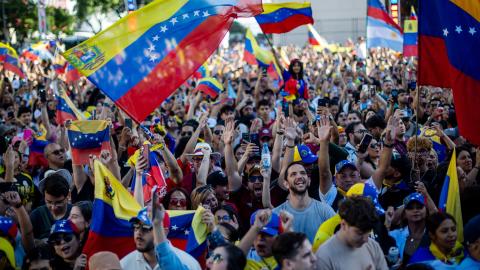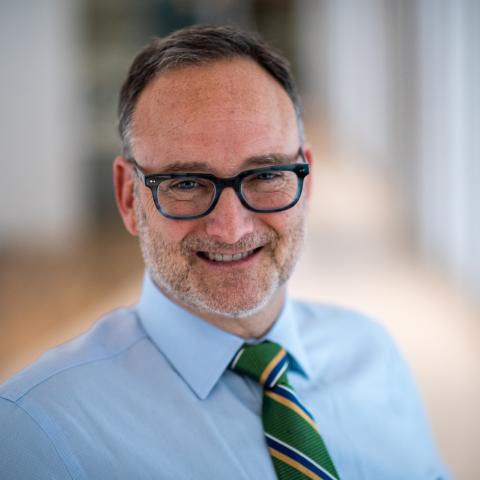
A Conversation on US-Azerbaijan Relations with Ambassador Elchin Amirbayov
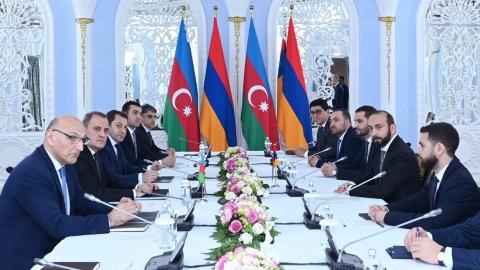
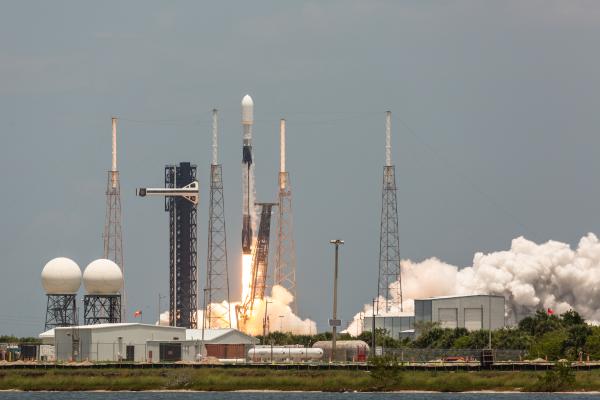
Hudson will host Federal Communications Commissioner Olivia Trusty for an address on the national security importance of America’s communications infrastructure.
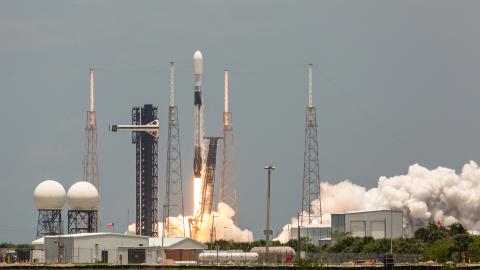
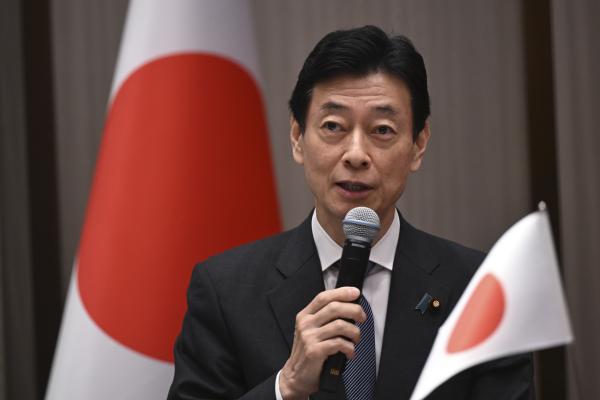
On January 20, Hudson Japan Chair Kenneth R. Weinstein will host Minister Yasutoshi Nishimura, former head of Japan’s Ministry of Economy, Trade and Industry (METI), for remarks on the Takaichi government’s economic security strategy.
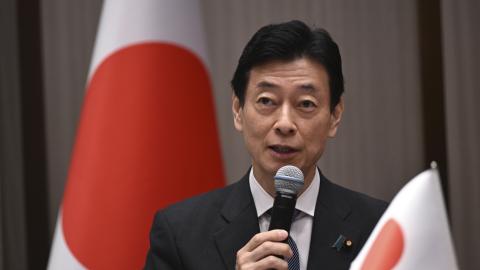
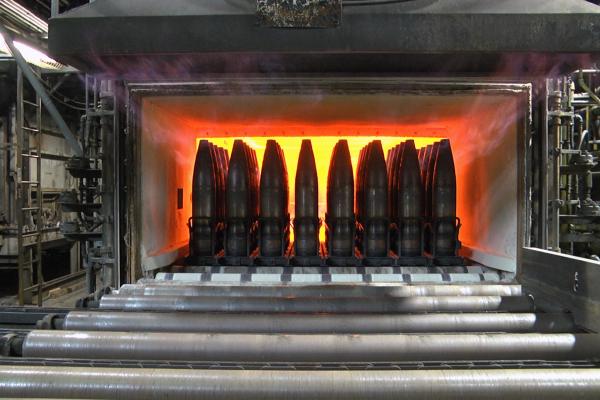
Join Hudson for a conversation with Assistant Secretary of War for Industrial Base Policy Michael Cadenazzi, who leads the DoW’s efforts to develop and maintain the US defense industrial base to secure critical national security supply chains.


Join Hudson for a discussion with senior defense, industry, and policy leaders on how the US and Taiwan can advance collaborative models for codevelopment, coproduction, and supply chain integration.
